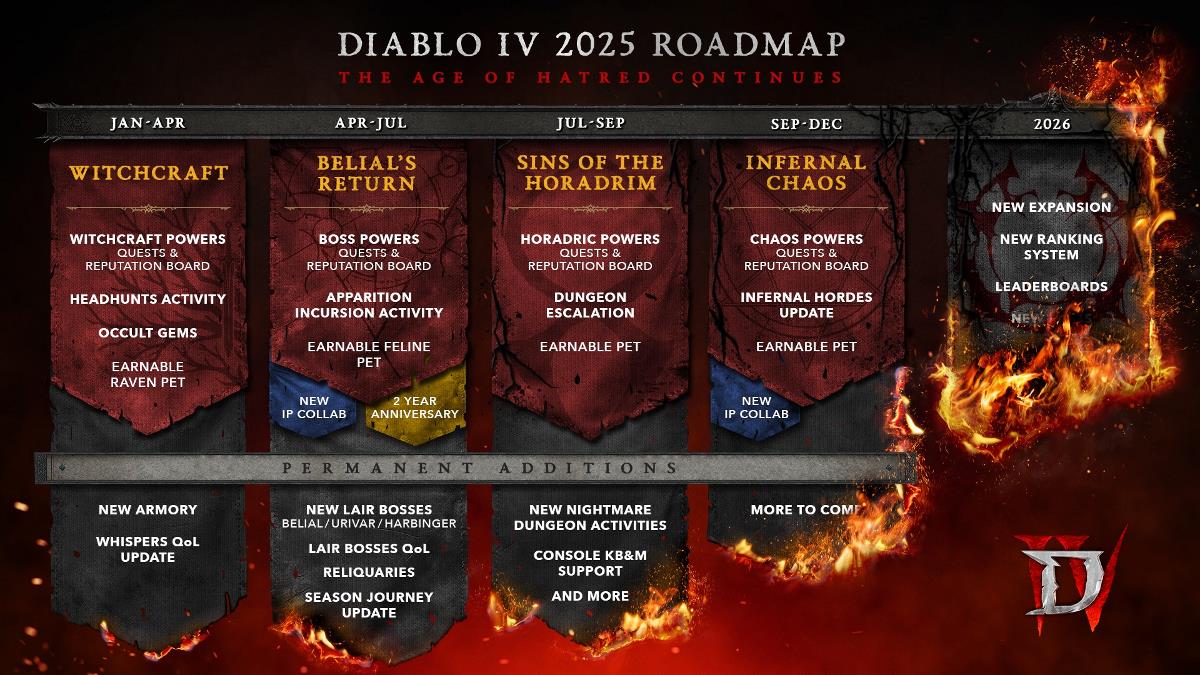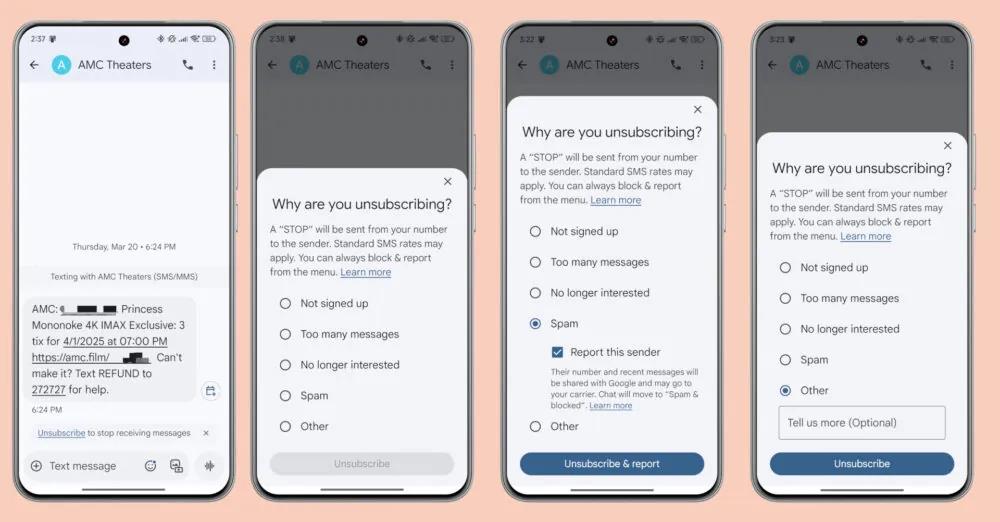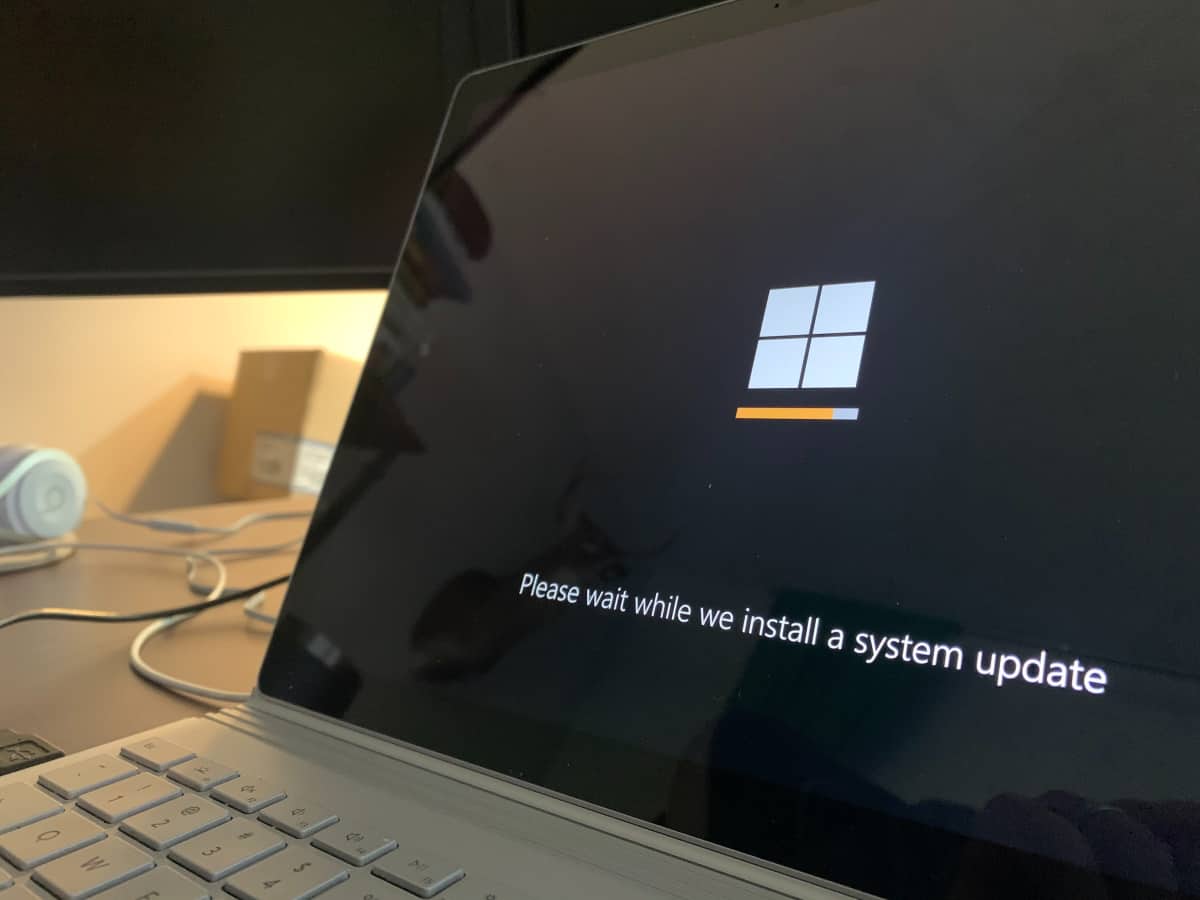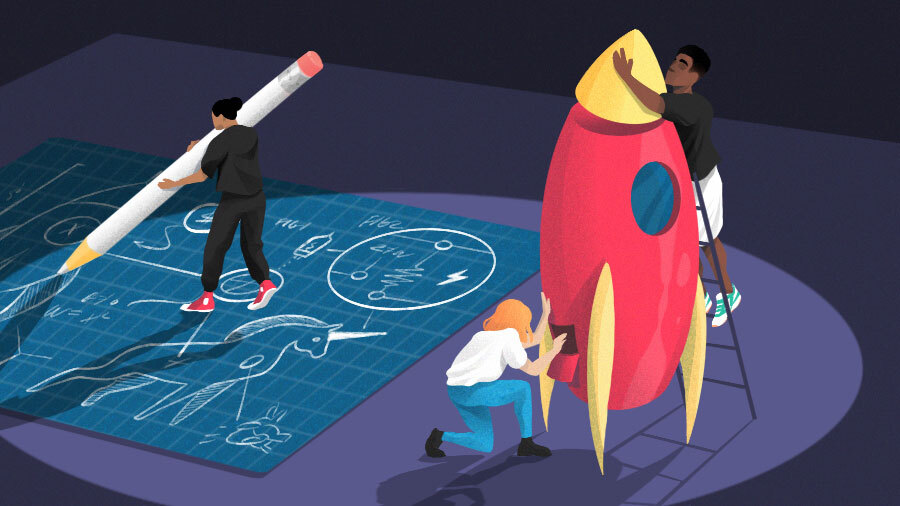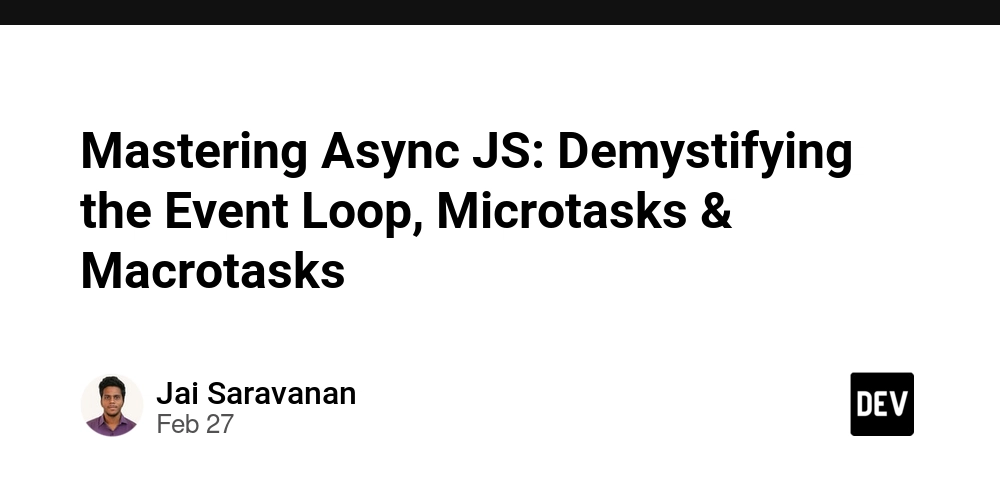Work-Life Harmony in the Tech World: A Woman’s Guide to Staying Sane
As software developers, we spend 8–9 hours a day, working 5 days a week. But does your mind passively think about work even after you’re done working? Let’s change that. We work in a male-dominated field. This brings with it the fear of being seen as less capable, even for the simplest mistakes. There is often a constant need to prove ourselves worthy of our position. Hence, we tend to overanalyze past conversations and work to ensure quality. We tend to question if we’re doing it right, constantly feeling like we need to catch up even when we aren’t lacking in any way. Each time after logging off, we keep wondering if we were good enough today. We start blurring our boundaries — not because the job demands it 24/7, but because deep down, we fear being labelled less competent. As women, especially those balancing family expectations or invisible responsibilities, we overcompensate, just to prove we can handle it all. The so-called “hustle culture” is often glorified in many tech workspaces. Instant replies to any communication and constant availability are totally normalized, being seen as a sign of dedication. Most of the success stories we see are of women who seemed to have it all together — the promotions, the late nights, the spotless image. But we rarely see the sleepless nights, the missed birthdays, the quiet moments of burnout they faced. The toll it took is often edited out of the story, as if struggle isn’t worth mentioning unless it ends with success. As women early in our careers, especially when we’re underpaid or overlooked, we carry a quiet fear of falling behind. While others seem to rise, we worry we’re being passed over. So we overcompensate. We take on more, stay late, reply at odd hours — not just out of ambition, but from a deeper need to prove we deserve our place. So, how to keep the balance? We can’t just find the balance. We need to build a balance between work and life. We start by redefining what success means to us. Not by how long we stay online or how many things we juggle — but by how we feel while doing it. Calm, clear, and proud. We learn to set boundaries without carrying guilt. Logging off doesn’t mean we’re slacking. Saying no doesn’t mean we’re not ambitious or rude. It just means we’re choosing to protect our energy — and that’s brave. We slow down and ask if the pace feels right. Sometimes we rush because we’re afraid to fall behind. But growth isn’t always fast, and it doesn’t need to be. We stop measuring our worth by our output. Our value isn’t tied to tasks or timelines. We are allowed to rest and start again later. We find our people. Whether it’s one friend who truly gets it or a group of women lifting each other, we keep those people around who enhance our energy. We try to become the role models we didn’t get to see. Not perfect, but honest. Women who work hard but also pause, protect their peace, and show others that balance is possible. And most importantly, we permit ourselves. To take a breath. To log off. To grow differently. To do enough — and to believe that we are enough, even when the world forgets to say it. What matters is that we’re aware. That we’re trying. That we’re unlearning the noise that says we have to do more, be more, prove more just to be taken seriously. We’re already enough. We’re allowed to rest. And we can build careers we’re proud of — without burning out along the way.

As software developers, we spend 8–9 hours a day, working 5 days a week. But does your mind passively think about work even after you’re done working? Let’s change that.
We work in a male-dominated field. This brings with it the fear of being seen as less capable, even for the simplest mistakes. There is often a constant need to prove ourselves worthy of our position. Hence, we tend to overanalyze past conversations and work to ensure quality.
We tend to question if we’re doing it right, constantly feeling like we need to catch up even when we aren’t lacking in any way. Each time after logging off, we keep wondering if we were good enough today.
We start blurring our boundaries — not because the job demands it 24/7, but because deep down, we fear being labelled less competent. As women, especially those balancing family expectations or invisible responsibilities, we overcompensate, just to prove we can handle it all.
The so-called “hustle culture” is often glorified in many tech workspaces. Instant replies to any communication and constant availability are totally normalized, being seen as a sign of dedication.
Most of the success stories we see are of women who seemed to have it all together — the promotions, the late nights, the spotless image. But we rarely see the sleepless nights, the missed birthdays, the quiet moments of burnout they faced. The toll it took is often edited out of the story, as if struggle isn’t worth mentioning unless it ends with success.
As women early in our careers, especially when we’re underpaid or overlooked, we carry a quiet fear of falling behind. While others seem to rise, we worry we’re being passed over. So we overcompensate. We take on more, stay late, reply at odd hours — not just out of ambition, but from a deeper need to prove we deserve our place.
So, how to keep the balance?
We can’t just find the balance. We need to build a balance between work and life.
- We start by redefining what success means to us. Not by how long we stay online or how many things we juggle — but by how we feel while doing it. Calm, clear, and proud.
- We learn to set boundaries without carrying guilt. Logging off doesn’t mean we’re slacking. Saying no doesn’t mean we’re not ambitious or rude. It just means we’re choosing to protect our energy — and that’s brave.
- We slow down and ask if the pace feels right. Sometimes we rush because we’re afraid to fall behind. But growth isn’t always fast, and it doesn’t need to be.
- We stop measuring our worth by our output. Our value isn’t tied to tasks or timelines. We are allowed to rest and start again later.
- We find our people. Whether it’s one friend who truly gets it or a group of women lifting each other, we keep those people around who enhance our energy.
- We try to become the role models we didn’t get to see. Not perfect, but honest. Women who work hard but also pause, protect their peace, and show others that balance is possible.
- And most importantly, we permit ourselves. To take a breath. To log off. To grow differently. To do enough — and to believe that we are enough, even when the world forgets to say it.
What matters is that we’re aware. That we’re trying. That we’re unlearning the noise that says we have to do more, be more, prove more just to be taken seriously.
We’re already enough. We’re allowed to rest.
And we can build careers we’re proud of — without burning out along the way.

























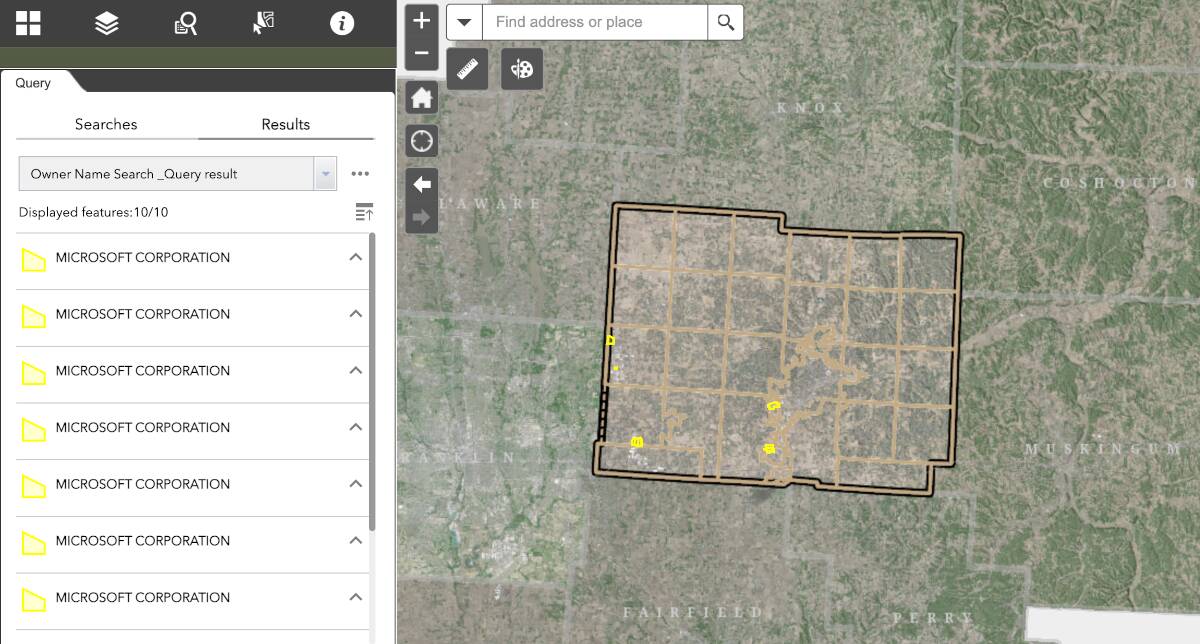






























































































































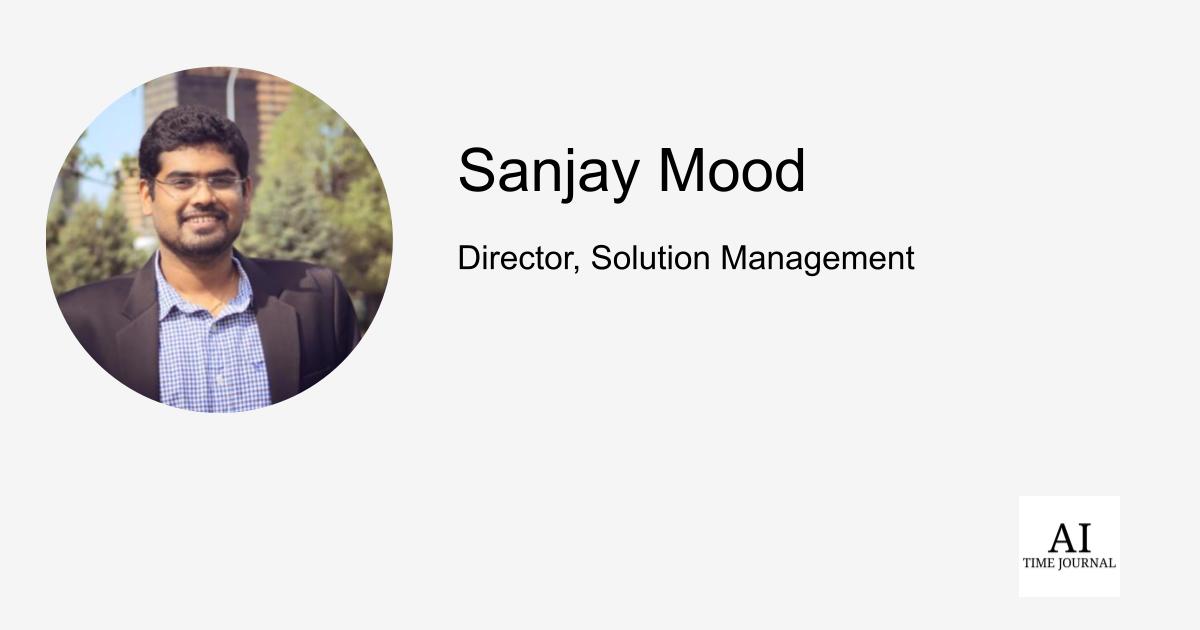















![[The AI Show Episode 143]: ChatGPT Revenue Surge, New AGI Timelines, Amazon’s AI Agent, Claude for Education, Model Context Protocol & LLMs Pass the Turing Test](https://www.marketingaiinstitute.com/hubfs/ep%20143%20cover.png)









































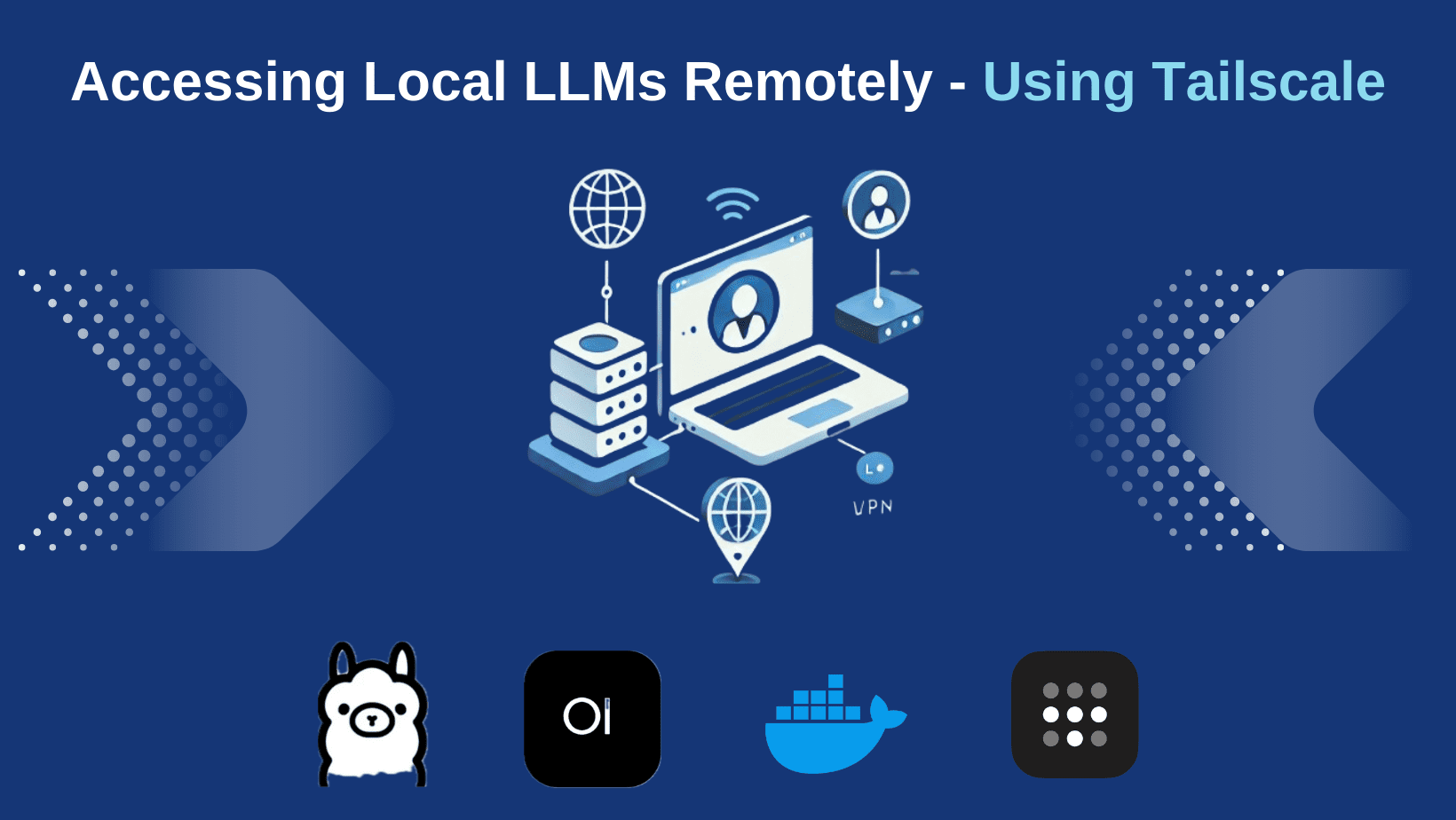










































































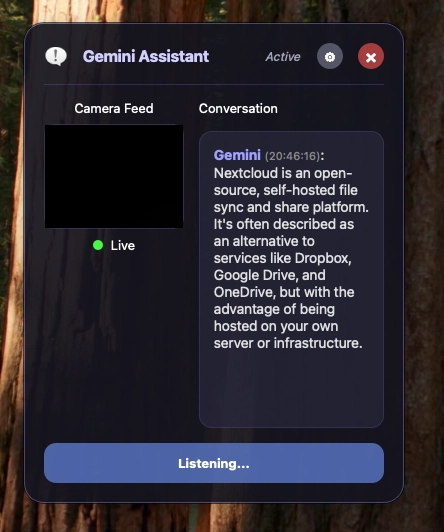

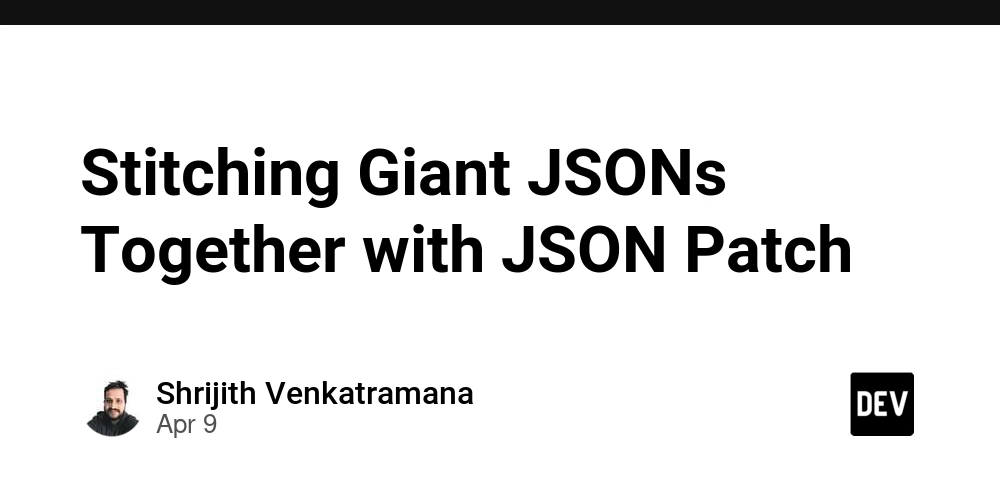















![From drop-out to software architect with Jason Lengstorf [Podcast #167]](https://cdn.hashnode.com/res/hashnode/image/upload/v1743796461357/f3d19cd7-e6f5-4d7c-8bfc-eb974bc8da68.png?#)













































































































-11.11.2024-4-49-screenshot.png?width=1920&height=1920&fit=bounds&quality=70&format=jpg&auto=webp#)























_jvphoto_Alamy.jpg?#)




.png?#)






































































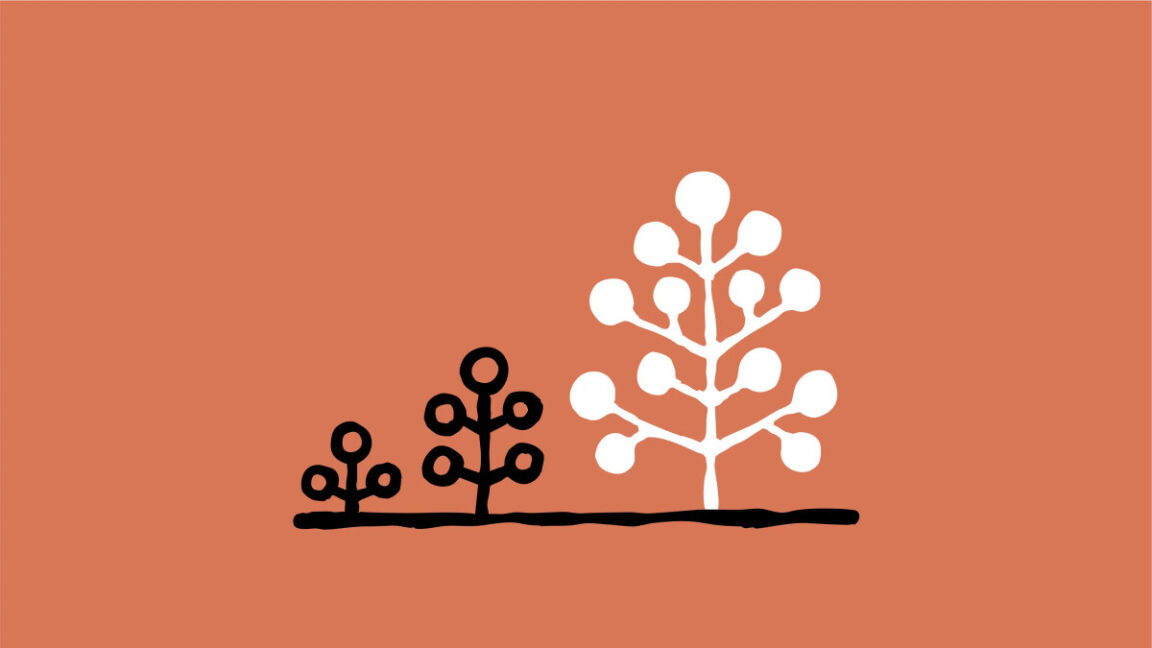















![Refresh your iPhone in style with the TORRAS Ostand Fitness case [15% off]](https://i0.wp.com/9to5mac.com/wp-content/uploads/sites/6/2025/04/TARROS.webp?resize=1200%2C628&quality=82&strip=all&ssl=1)














![Apple Debuts Official Trailer for 'Murderbot' [Video]](https://www.iclarified.com/images/news/96972/96972/96972-640.jpg)
![Alleged Case for Rumored iPhone 17 Pro Surfaces Online [Image]](https://www.iclarified.com/images/news/96969/96969/96969-640.jpg)

![Apple Rushes Five Planes of iPhones to US Ahead of New Tariffs [Report]](https://www.iclarified.com/images/news/96967/96967/96967-640.jpg)


















